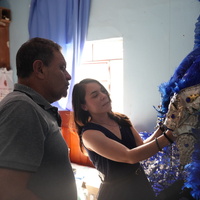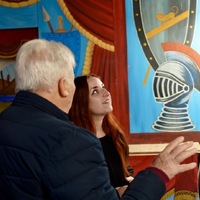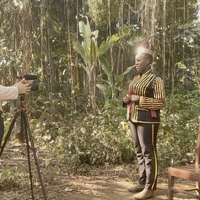Brazil - Cavalhadas
Brazil - Cavalhadas
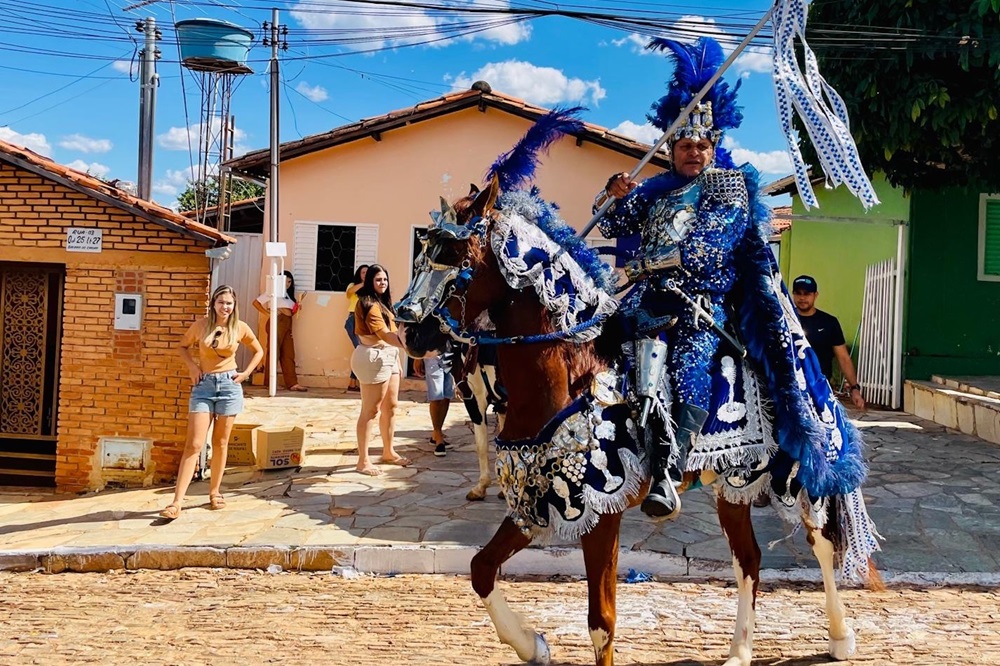 |
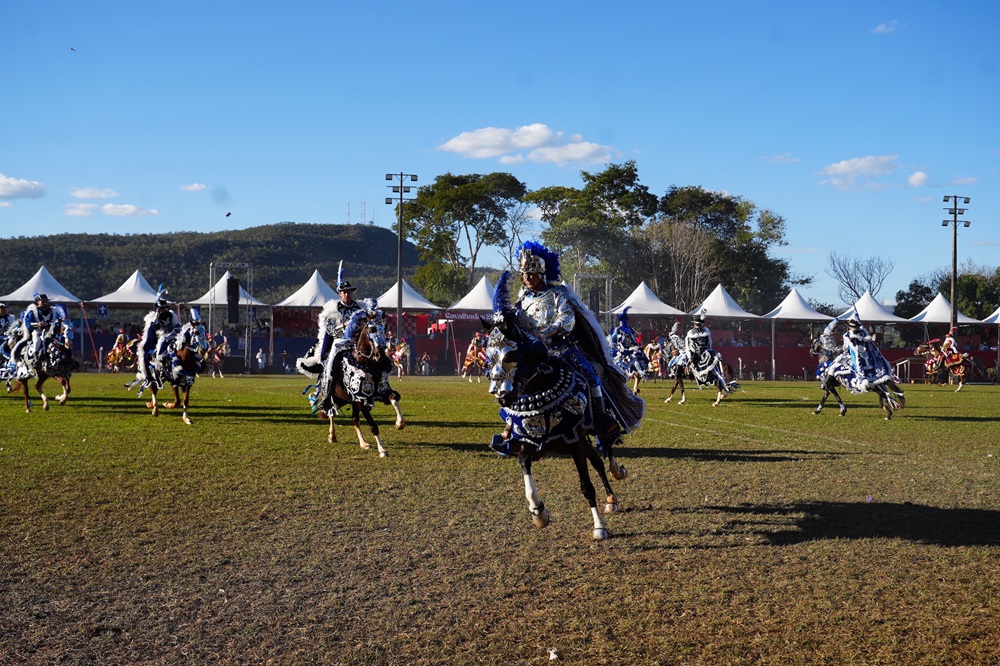 |
“The cavalhadas, equestrian plays reenacting battles between Christians and Moors, exist in around fifty Brazilian locations nowadays. In the CAROLUS project, I am mapping and analysing these performances — a vast and fragile field, combining traditional medieval elements with religious and local festivals through a theatrical expression. After my PhD about the cultural and literary transfer of the Carolingian cycle from the French Chanson de Geste (Chanson de Roland, Fierabras) to the Brazilian literatura de cordel, I wanted to explore oral performances still using this material, in a local and hybrid way. And through this study, contribute to safeguarding their memory before we can no longer see them”.
Raísa França Bastos
Sicily — Opera dei pupi
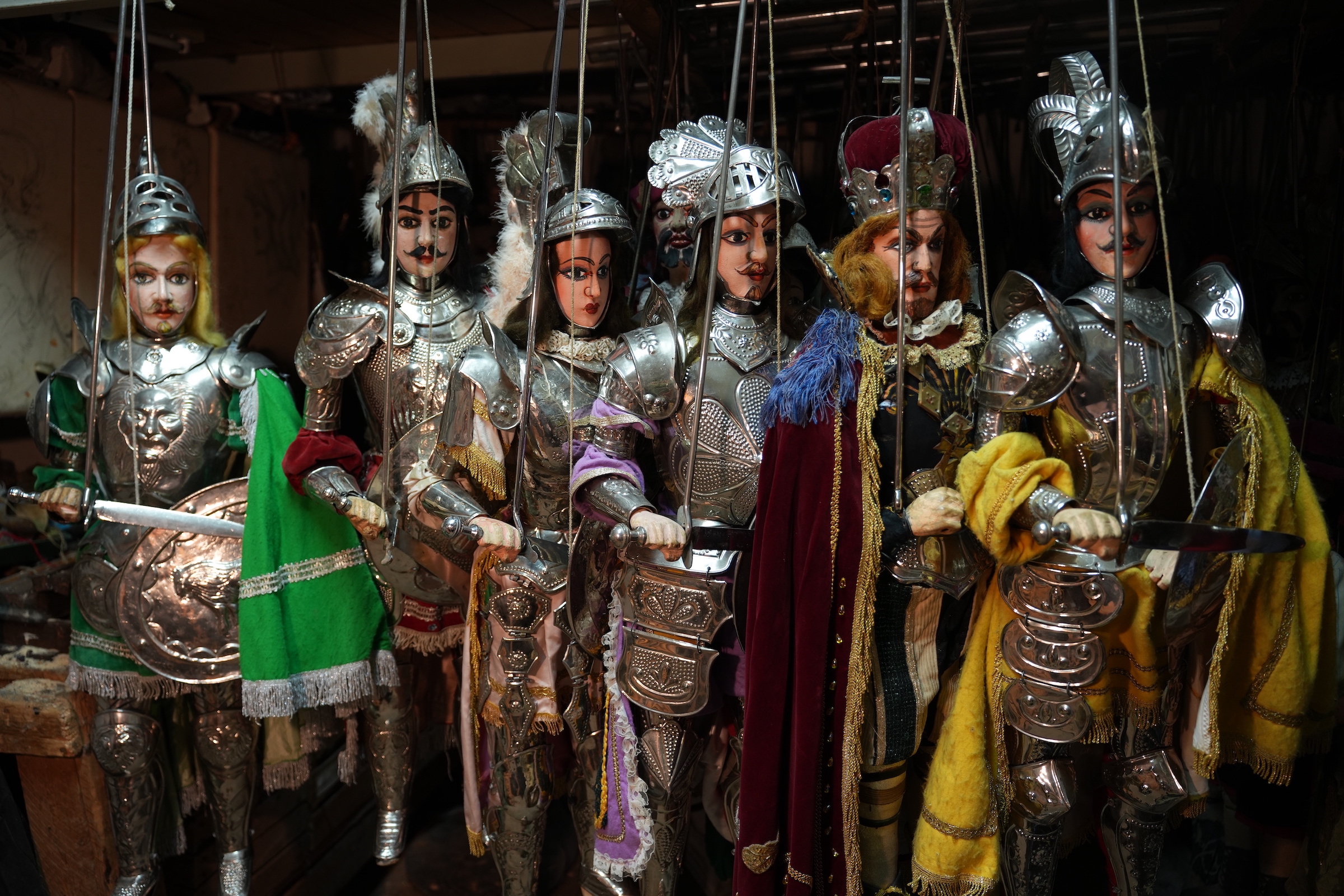 |
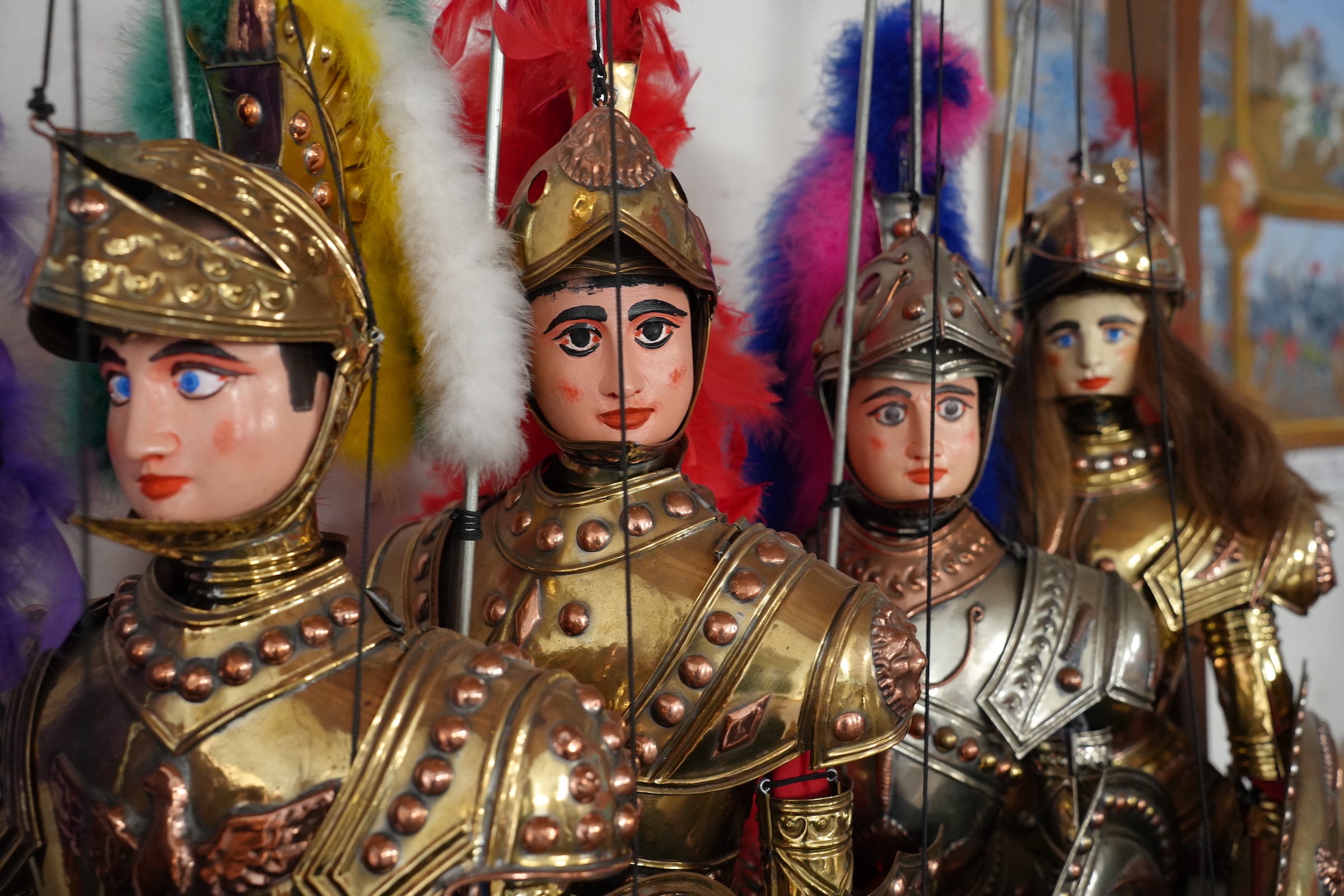 |
“The Opera dei Pupi is the traditional Sicilian marionette theatre, divided into two main schools — Palermo and Catania — each with its own style and repertoire. I am interested in how the Carolingian cycle evolved from medieval manuscripts to living performances, especially through the canovacci, the handwritten playbooks used by the pupari. Many of these manuscripts are disappearing today, and preserving them means safeguarding an entire oral and performative heritage. The aim is to preserve the tradition and help the show go on !”
Tiphanie Torres
Sao Tomé and Príncipe — Tchiloli and Auto de Floripes
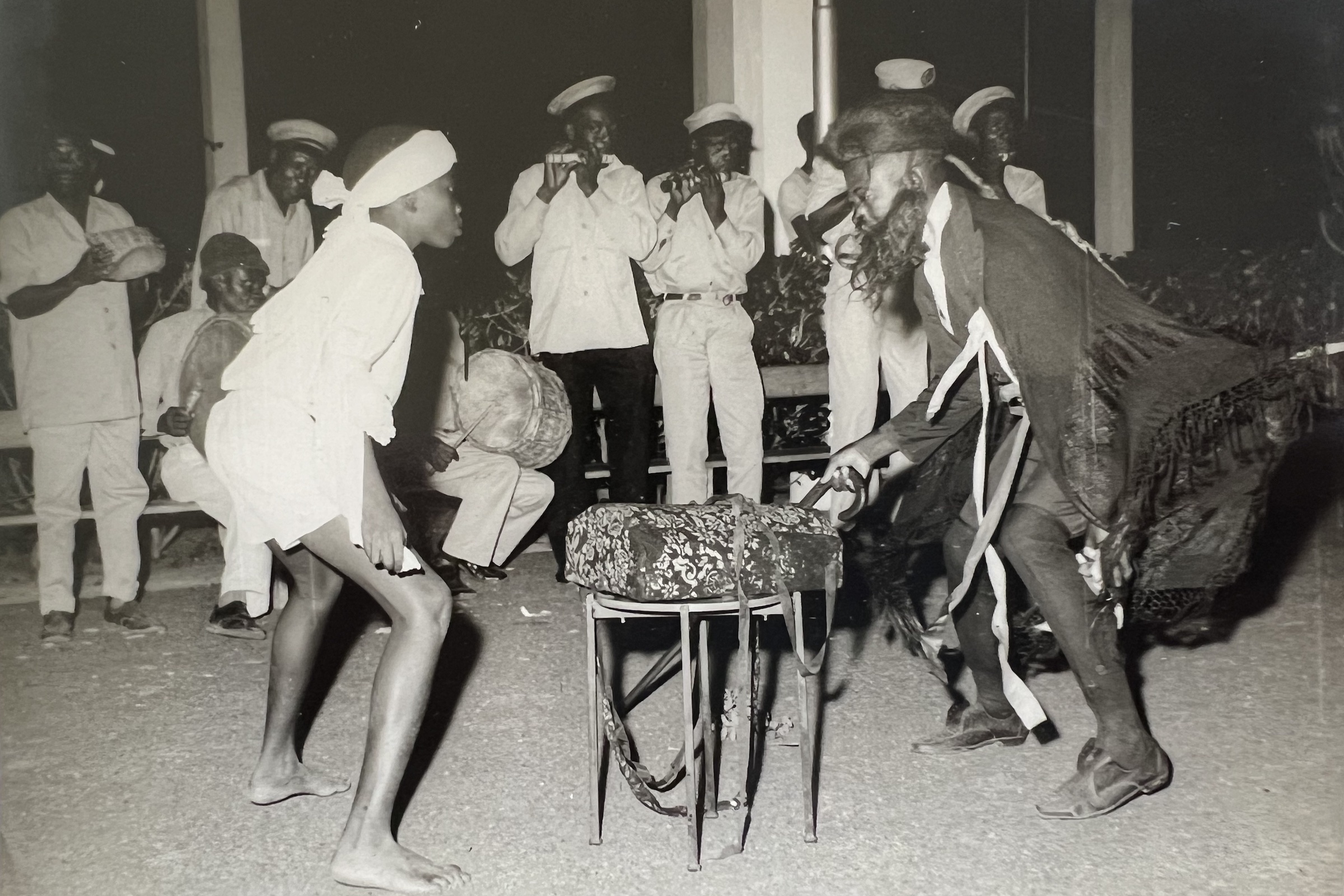 |
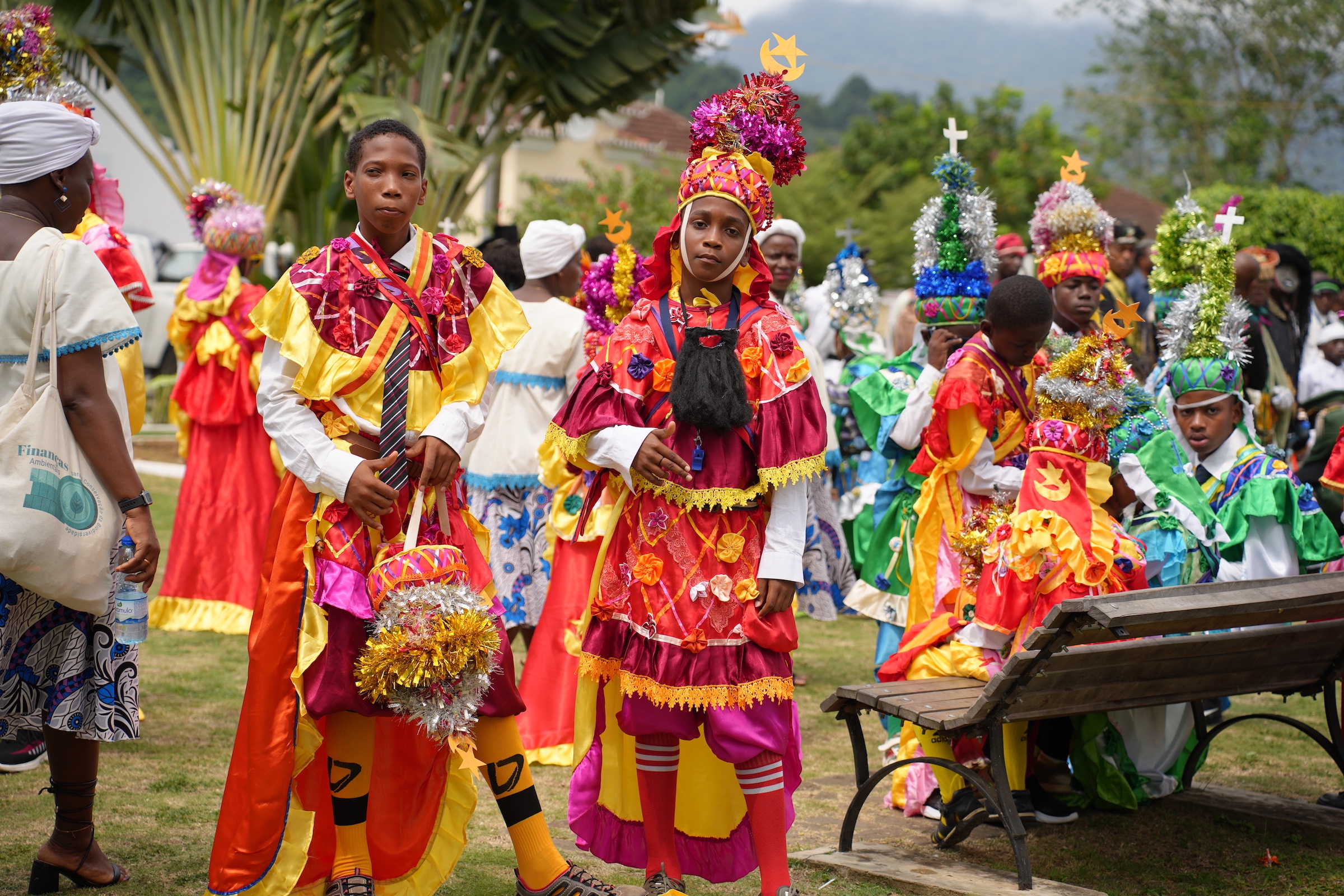 |
"The two Carolingian traditions of São Tomé and Príncipe — Tchiloli and Auto de Floripes — require urgent and complex fieldwork. They are among the least studied epic traditions in the world, and the country is one of the poorest in Africa. Both performances are at risk of extinction.
A concrete example: on the island of Príncipe, the Auto de Floripes includes a series of protective rituals performed by an elderly woman. These involve purification baths using specific leaves, water collected from a sacred river, protective mixtures of sand and flour, and amulets. Today, only one woman, aged 80, still knows the complete ritual. If she dies without transmitting it, this knowledge — and a whole layer of living memory — will disappear forever."
Emanuele Arioli

